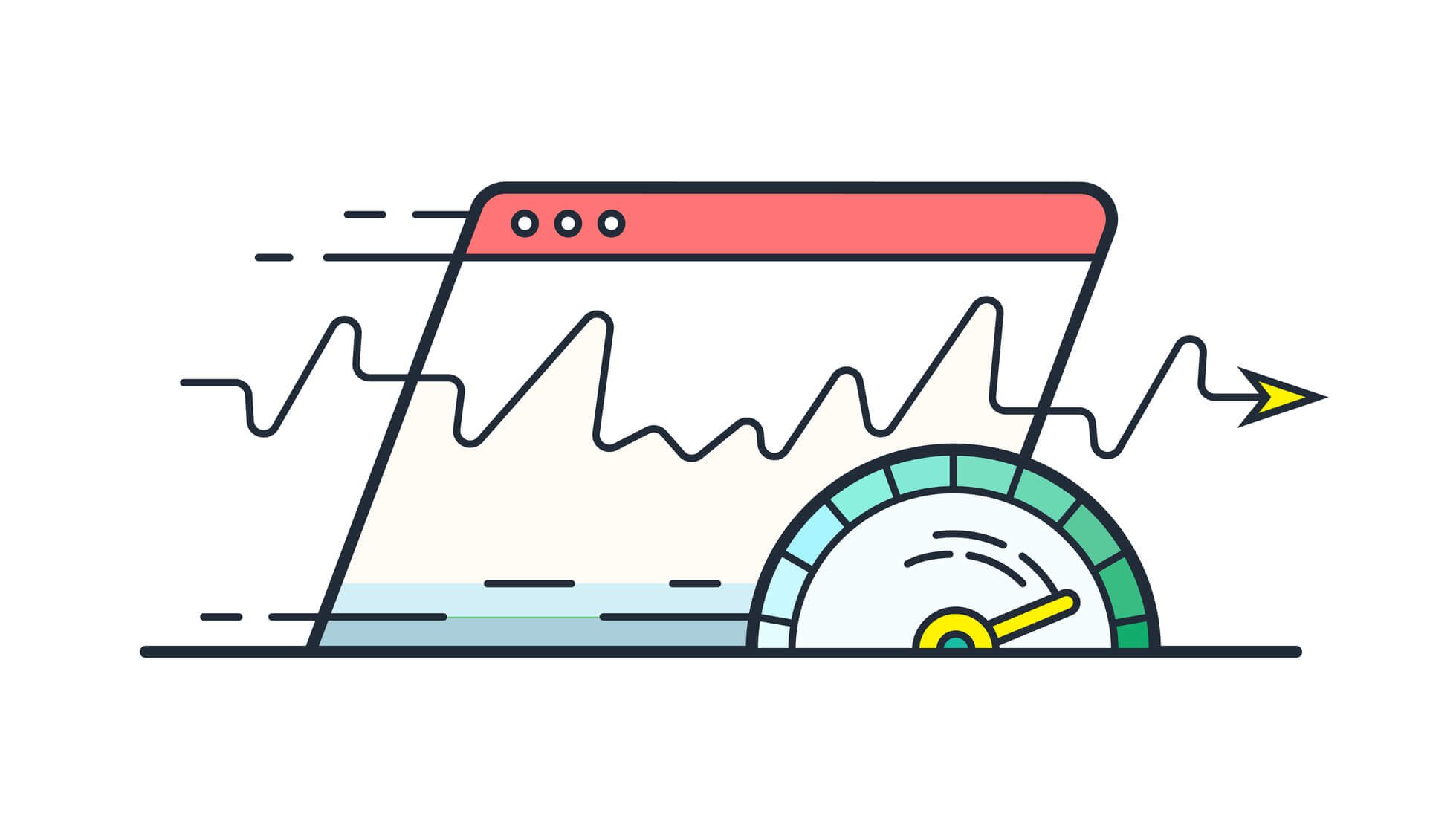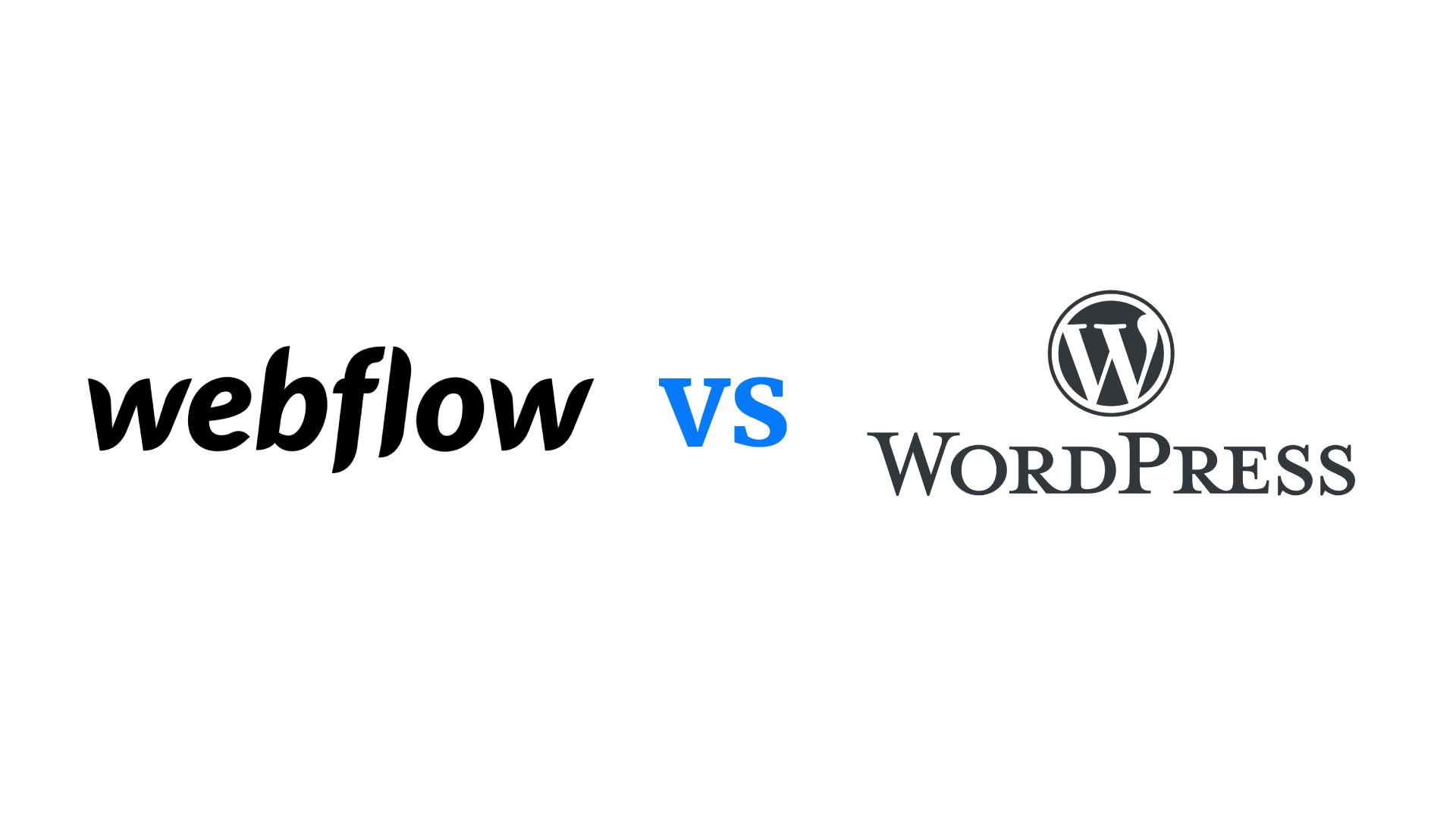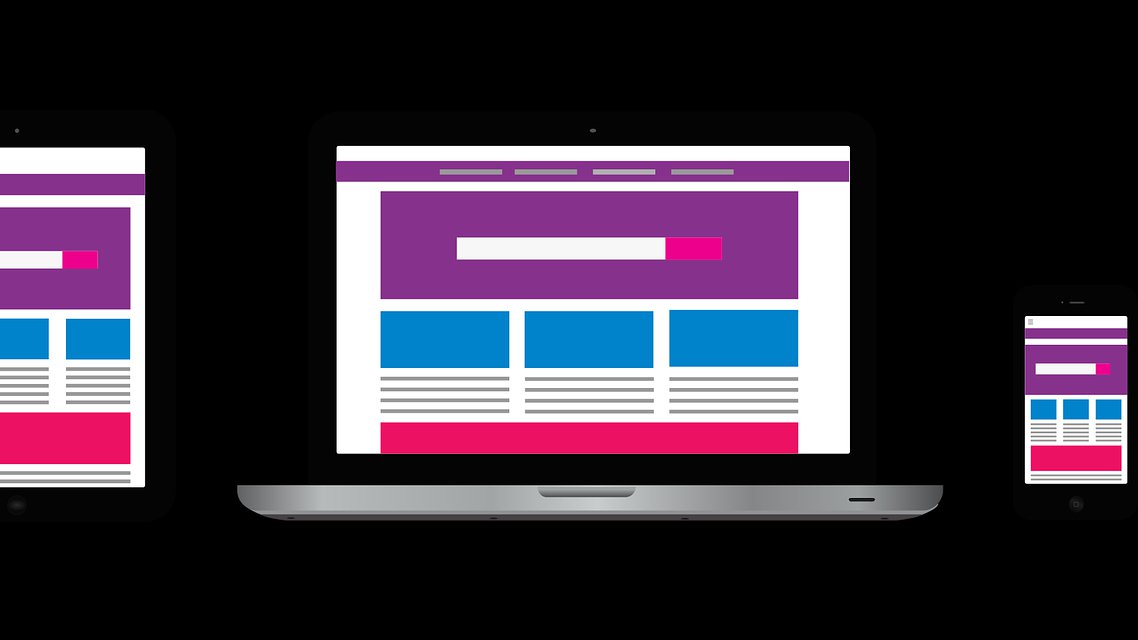现在,页面速度已成为核心 SERP 标准之一,这已不再是一个隐藏因素。因此,如果您想领先于竞争对手,提高页面速度是必须的。更快的 WordPress 网站加载速度将带来非常成功的营销活动并提高您的转化率。为了给您带来优势,WordPress 有预建的插件。通过使用一些技术,WordPress 网站可以以极快的速度加载。
在本指南中,我们将引导您完成一系列可采取的操作,以加快 WordPress 网站的速度。让我们开始吧:
为什么 WordPress 页面速度很重要?
WordPress 网站的加载速度会直接影响网站的转化率。Google 一直强调,页面速度与转化率相关。以下是搜索引擎的说法:
“随着页面加载时间从一秒增加到十秒,移动网站访问者跳出的可能性会增加 123%。”
“53% 的移动网站访问者会离开加载时间超过三秒的页面。”
Google 还表示,如果一个网站的加载速度比竞争对手网站的一秒加载速度慢五秒,转化率就会大幅下降。跳出率可能会增加 90%。
这还不是全部。
页面速度也会影响您的 SEO 排名。假设两个网站在 SEO 的所有其他方面都相当,除了页面速度。在这种情况下,搜索引擎将惩罚速度较慢的网站。惩罚的程度和影响尚不清楚。但是,优化 WordPress 网站的每个方面以提高页面加载速度和转化率始终是一个好习惯。
此外,如今在线用户的注意力持续时间相对较短,而且每天都在缩短。无论您的网站上是否有一些杀手级内容,您的内容都非常有用。如果页面加载速度很慢,访问者甚至会在加载之前离开网站。如果您运营的是电子商务网站,如果结帐流程很慢,您的客户可能会放弃购物车。
关键是搜索引擎更喜欢加载速度更快的网站。它们在搜索结果中排名更高,并产生更多的页面浏览量和转化率。此外,它还能带来愉快的用户体验。
让我们来看看用于测量 WordPress 网站加载时间的工具。
如何测量页面速度?
在使用任何与提高页面加载速度相关的技术之前,有必要评估当前情况。这将有助于分析是什么导致您的 WordPress 网站速度变慢,并为您提供优化网站的见解。
大多数人通常认为他们的网站没有问题,因为他们在电脑或移动设备上没有发现网站速度慢。这是一个大错误。由于您访问网站的频率比其他人高,因此您的网站会存储 Chrome 等浏览器的缓存。当您再次访问同一个网站时,浏览器会自动立即获取并加载网站。这让您误以为您的网站加载速度很快,但这并不准确。但是,新用户在不同的电脑或设备上或从不同的地理位置首次访问您的网站可能会有完全不同的体验。
这里有一些测试工具可以根据您的要求、预算和技术来跟踪您的网站加载速度。
是WP
这是适用于 WordPress 网站的免费页面速度测试工具,我们强烈建议您使用它来测试您的网站速度。要评估您的页面加载时间,请输入您的网站网址,然后点击“分析网站”按钮。通常,良好的页面加载时间在 2 秒以内 - 但是,越快越好。即使几毫秒的速度提升也会为您的网站带来奇迹。
GT矩阵
GTmetrix 是一款免费的基于网络的工具,用于衡量 WordPress 网站的性能。要检查页面加载速度,请转到 GTmetrix 主页,然后输入您的网址。免费版不提供测试服务器区域的功能。但是,付费版为用户提供了额外的控制权,并且可以存储历史记录。GTmetrix 提供三个指标:页面加载时间、页面总大小和 HTTP 请求总数。
PageSpeed 洞察
这是 Google Developers 开发的一款免费使用的基于网络的工具。PageSpeed Insights 允许用户评估其网站的性能。要开始测试页面加载速度,请转到 PageSpeed Insights 主页,输入 URL,然后点击“分析”按钮。PageSpeed Insights 主要关注移动设备。越来越多的人使用移动设备而不是电脑上网。网站在移动设备上的表现与在电脑上的表现不同,因此此工具提供的基准对于优化非常有用。
网页测试
WebPageTest 是另一个免费工具,可用于检查您的网站性能。与其他工具不同,此开源工具可让您更好地控制测试指标。使用 WebPageTest,您可以确定您的设备和测试位置,从而获得更详细的结果。
如何优化 WordPress 速度?
现在我们讨论了可以帮助您了解网站速度的工具,现在让我们简要讨论一下如何加快 WordPress 网站的速度。
选择一个快速的网络主机
您的 WordPress 网站运行缓慢或页面加载缓慢的原因之一仅仅是因为托管服务器不足以存储您的网站。WordPress 是资源密集型的。当您的网站获得更多流量和人气增加时,系统往往会增加其大小并需要更多资源。因此,选择更快、更高效的托管服务至关重要。在选择主机之前,请提前确定哪种类型的托管适合您的网站。如果您选择共享主机,您的 WordPress 网站的性能将相对较慢。相比之下,专业和专用的 WordPress 托管将提供更好的页面加载速度。这是一种权衡,主要是成本和速度。
使用轻量、灵活的主题
您网站的页面速度在很大程度上取决于您为 WordPress 网站选择的主题。很多时候,网站所有者不会优化他们的 WordPress 主题以提高性能。因此,选择一个加载速度快的主题至关重要。我们建议根据您的最大页面速度和效率需求选择具有基本功能的轻量级主题。
优化图像和其他视觉内容
大多数情况下,WordPress 新手用户会将大型高分辨率图像和其他视觉效果上传到他们的网站,而不会对其进行压缩。 数以百万字节计的巨幅图片会大大降低页面速度。 因此,将图像压缩并调整到可接受的限度,然后将其上传到他们的网站至关重要。 网上有许多图像压缩工具可以帮助您做到这一点。 此外,您还会发现 WP 插件,例如 WP Smrush、ShortPixel Image Optimizer 和 Resmush。
合理使用插件
由于专门开发和维护插件的 WordPress 社区,WordPress 已成为创建网站的首选平台。这些插件扩展了 WordPress 网站的功能,使其更强大。您可以在网站上使用数百个插件来执行任何可以想象到的功能。但我们建议仅使用网站所需的插件。为了保持网站的效率和速度,定期审核网站并删除过时和不必要的插件或相互干扰或干扰主题的插件是一种很好的做法。如果做得正确,您会注意到网站的速度会大大提高。
安装 WordPress 缓存插件
在 WordPress 上创建的网站是动态的。每当有人访问您的网站时,WordPress 必须经过一系列过程来查找用户想要的必要信息,将其组合起来并显示给您的访问者。这一系列操作可能会减慢您的网站速度,当许多人同时访问您的网站时,速度会更慢。为了解决这个问题,我们建议您为每个 WordPress 网站使用 WordPress 缓存插件。使用 WordPress 缓存插件将显著加快您的 WordPress 网站速度。
不要直接将音频/视频文件上传到WordPress
将音频和视频文件直接上传到 WordPress 网站并没有错。内容将显示并在 HTML5 播放器中播放。但这不是一个好主意。在 WordPress 网站上托管大型音频和视频文件需要大量带宽。您的网络托管公司将向您收取额外费用。甚至被迫完全关闭您的网站,即使您拥有“无限”带宽。
托管大型媒体文件可能遇到的另一个问题是,这会大大增加您的备份量。如果您的网站关闭,您需要很长时间才能从 WordPress 网站恢复它。相反,我们建议使用专用的音频和视频托管服务,如 YouTube、Vimeo、SoundCloud 等。
优化 WordPress 数据库
如果您使用 WordPress 网站已有一段时间,您可能会有很多不需要的信息。审核您的网站以删除所有不必要的信息是一种很好的做法。这样,您可以优化 WordPress 数据库以提高性能和页面速度。例如,如果您有很多不活跃的用户帐户,删除它们可以帮助提高加载速度。
保持你的 WordPress 网站更新
由于 WordPress 是一个开源项目,因此维护良好且更新频繁。每次更新都会有新功能、安全性和错误修复。您的 WordPress 主题和插件也会定期更新。因此请密切关注。作为网站所有者,您应该将 WordPress 网站、插件和主题更新到最新版本。这样做不仅会使您的网站更快、响应更快,而且还会使您的网站更不容易受到安全威胁和错误的影响。
压缩 PHP 文件
您的 WordPress 网站包含 CSS 和 JavaScript 文件。这些文件是访问者访问您的网站时发送给他们的文件。如果 CSS 和 JavaScript 文件经过压缩,它们的传输速度会更快,从而使您的网页加载速度更快。
减少外部 HTTP 请求
许多 WordPress 主题和插件通常会从其他网站收集文件。这些文件包括 JSS 文件、CSS 文件以及来自 Google、社交媒体网站和其他网站的图像。使用这些网站的文件不会有问题,因为大多数文件都经过优化,可以快速加载。有时,这比将它们托管在您的网站上更快。但是,如果这些插件发出大量此类请求(通常称为 HTTP 请求),您的网站速度可能会显著降低。通过禁用 WordPress 网站中的脚本和样式,您可以减少这些外部 HTTP 请求。您还可以将它们合并到一个文件中。这样,您可以优化 WordPress 网站以提高页面速度。
哪一个最适合我?
选择合适的工具需要考虑很多因素:您网站的容量、您网站的目标受众及其浏览习惯、您网站的主要功能等。不知道从哪里开始?Managed-WP 可以满足您的需求。 立即联系我们 以获得更专业的建议。



















